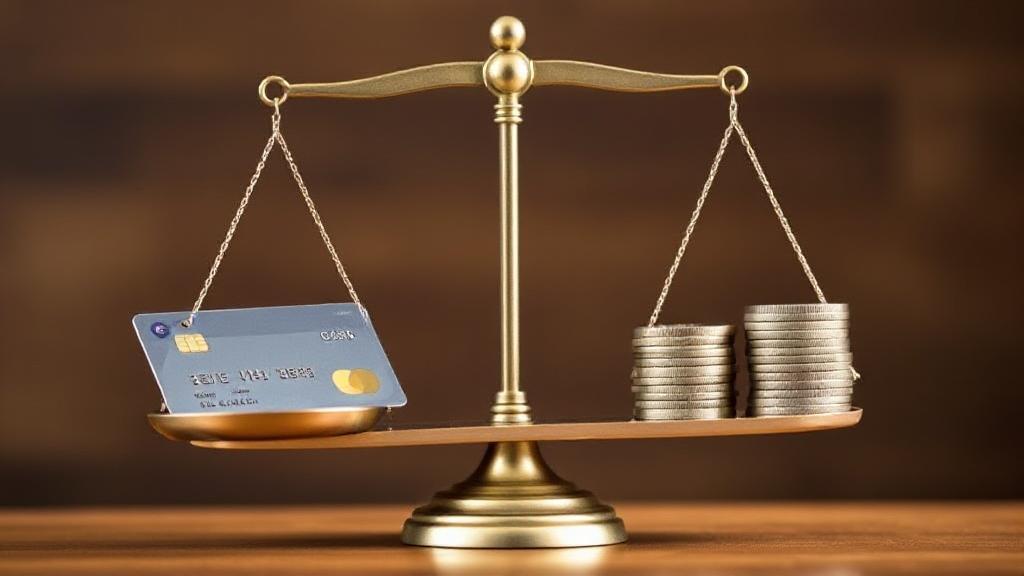Introduction
Credit cards have become an integral part of modern financial life, offering convenience and a host of benefits. However, they also come with potential pitfalls that can lead to financial distress if not managed properly. Before deciding whether to get a credit card, it's essential to weigh the pros and cons carefully.
Benefits of Credit Cards
Building Credit History
One of the most valuable benefits of having a credit card is establishing and building your credit history. A good credit score can help you:
- Qualify for better interest rates on loans
- Secure apartment rentals more easily
- Get approved for mortgages
- Pass employment background checks
Convenience and Security
Credit cards offer a convenient way to pay for purchases without carrying cash. They are widely accepted, both online and offline, making them a versatile payment option. Unlike cash, if your card is stolen, you're typically protected against fraudulent charges through zero liability policies.
Rewards and Benefits
Many credit cards offer attractive rewards programs:
- Cash back on purchases
- Travel miles or points
- Shopping discounts
- Purchase protection
- Extended warranties
For example, the Chase Sapphire Preferred card offers 2X points on travel and dining purchases.
Emergency Funds
Credit cards can serve as a financial safety net in emergencies when you don't have immediate access to cash, such as medical bills or car repairs.
Potential Drawbacks
High Interest Rates
One of the biggest drawbacks is high interest rates. Credit cards often come with significant rates, sometimes exceeding 20% APR.
According to the Federal Reserve, the average credit card interest rate in 2023 is approximately 20.92%
Temptation to Overspend
Credit cards can make it easy to overspend, potentially leading to:
- Mounting debt
- Decreased credit score
- Financial stress
- Limited future borrowing options
Fees and Penalties
Credit cards may include various charges:
- Annual fees
- Late payment fees
- Balance transfer fees
- Foreign transaction fees
- Over-limit fees
Impact on Credit Score
While credit cards can help build credit, they can also harm your credit score if not used responsibly. Late payments, high credit utilization, and applying for multiple cards in a short period can negatively affect your score.
Making the Right Choice
Before Getting a Credit Card
Consider these factors:
- Your spending habits
- Income stability
- Ability to pay bills on time
- Current debt obligations
- Financial goals
Best Practices for Credit Card Use
If you decide to get a credit card, follow these guidelines:
- Pay the full balance monthly
- Keep utilization below 30%
- Set up automatic payments
- Monitor statements regularly
- Choose a card with benefits that match your lifestyle
Understanding the Terms
Pay attention to:
Alternatives to Consider
If you're unsure about getting a credit card, consider these options:
- Secured credit card
- Prepaid debit card
- Charge card
- Debit card
Final Thoughts
Credit cards can be a powerful financial tool when used wisely, but they require careful management. By understanding the pros and cons and implementing responsible usage habits, a credit card can be valuable for building credit, earning rewards, and enjoying convenience.
For more information, consider visiting resources like NerdWallet, Credit Karma, or consulting with a financial advisor.
